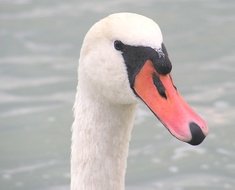Featured Quizzes
User Quizzes
Create Quiz
Data and Charts
Badges and Games
About JetPunk
JetPunk Shop
Dark Mode

Animals that Start with S
Name these animals that start with the letter S.
This quiz is not based on scientific taxonomy!
Rate:
Featured Quiz
Last updated: September 21, 2018
You have not attempted this quiz yet.
More quiz info >>
| First submitted | October 10, 2012 |
| Times taken | 71,881 |
| Average score | 79.2% |
| Rating | 4.43 |
5:00
Enter animal here:
0
/ 24 guessed
Time Used
00:00
Best Time
00:00
The quiz is paused. You have remaining.
Scoring
You scored / = %
This beats or equals
% of test takers
also scored 100%
The average score is
Your high score is
Your fastest time is
Keep scrolling down for answers and more stats ...
|
|
New and Popular
Save Your Progress
Animals by Letter
Quiz series by Quizmaster
...
Copyright H Brothers Inc, 2008–2024
Contact Us | Go To Top | View Mobile Site

Scoring
You scored 21/24 = 88%
This beats or equals 64.3% of test takers
The average score is 19
Your high score is 21